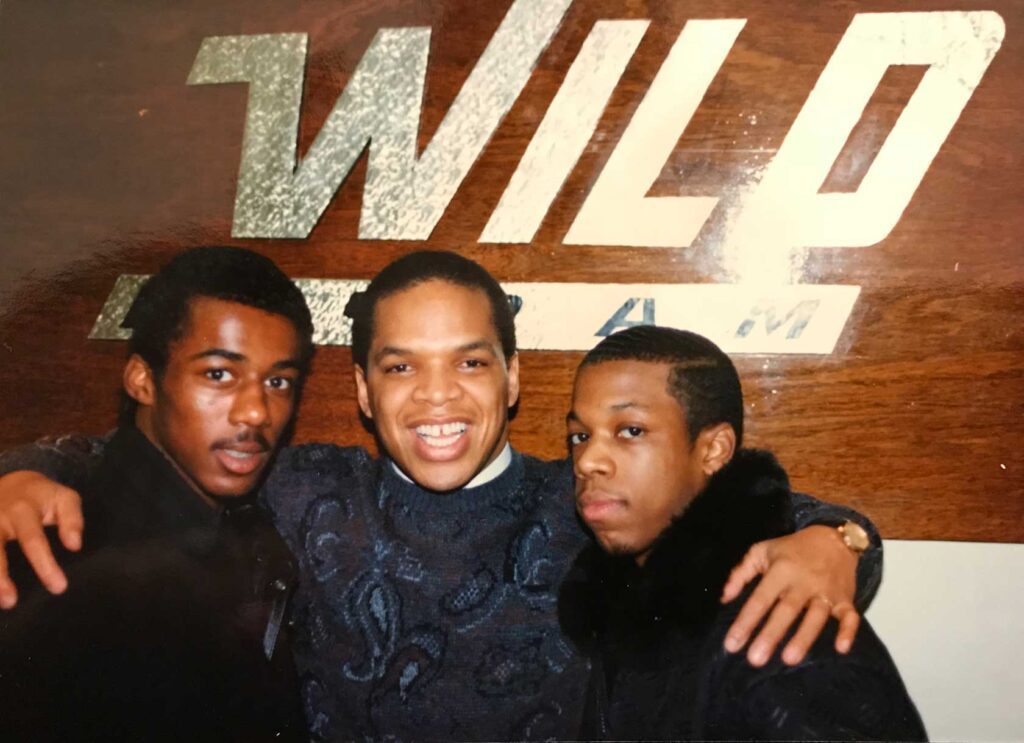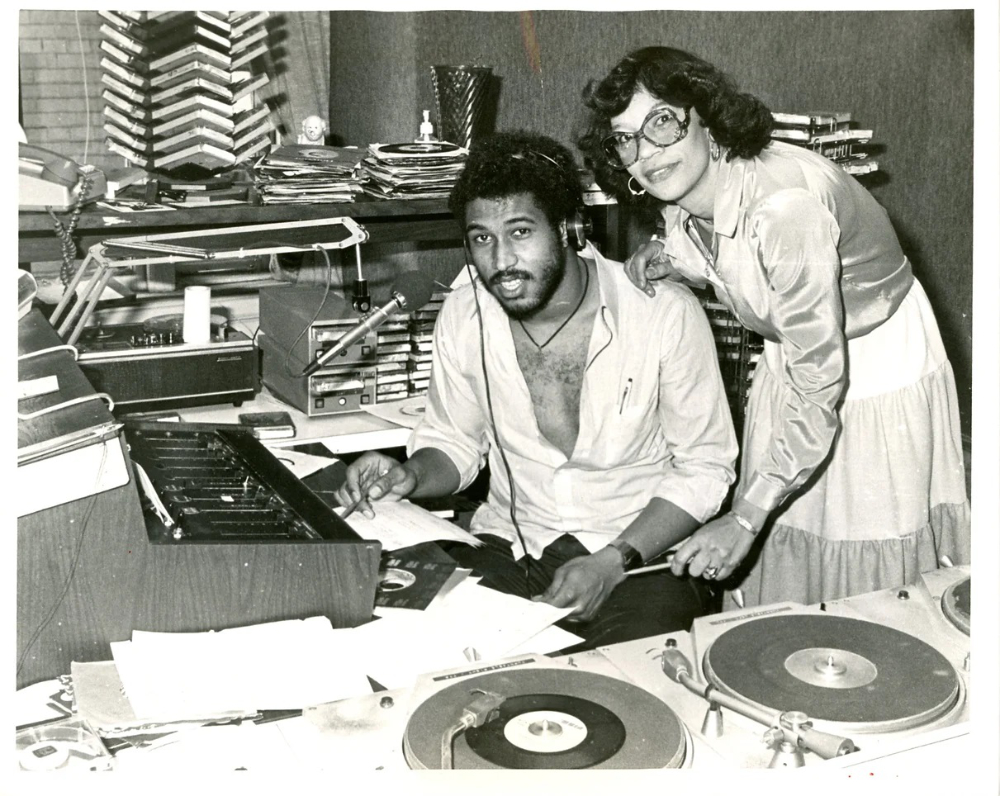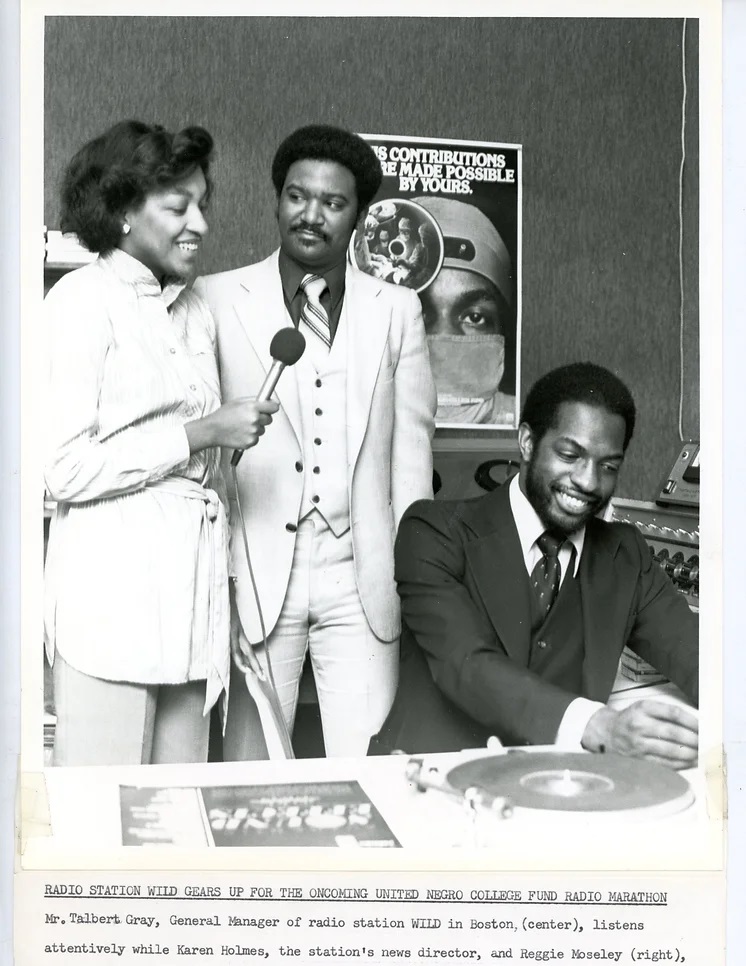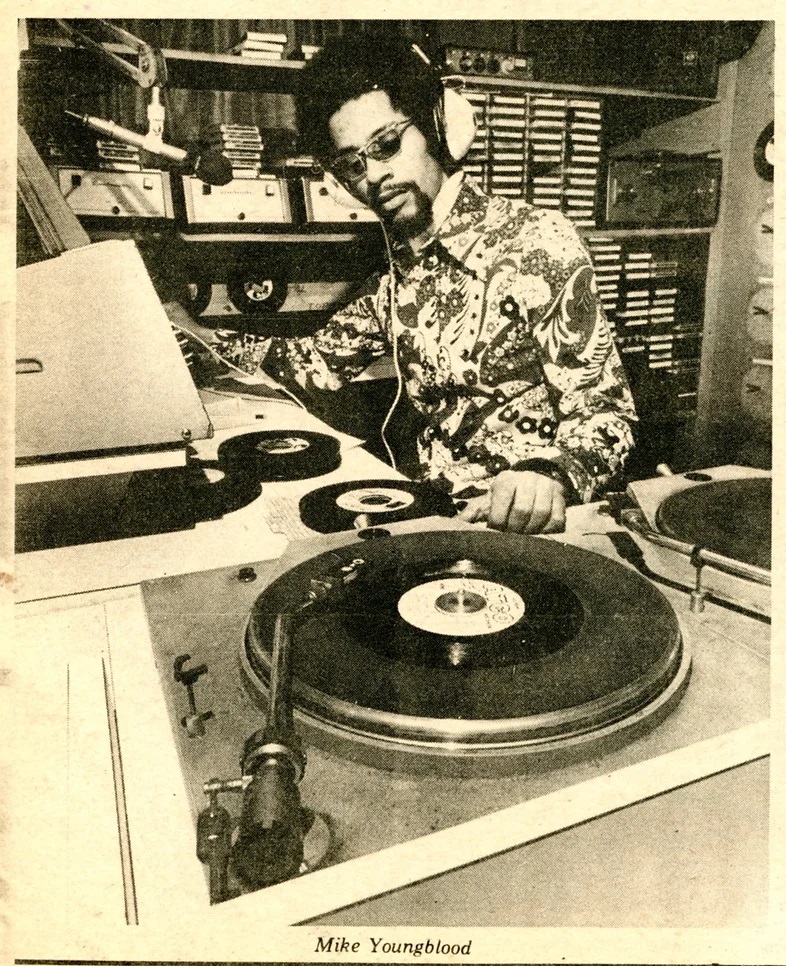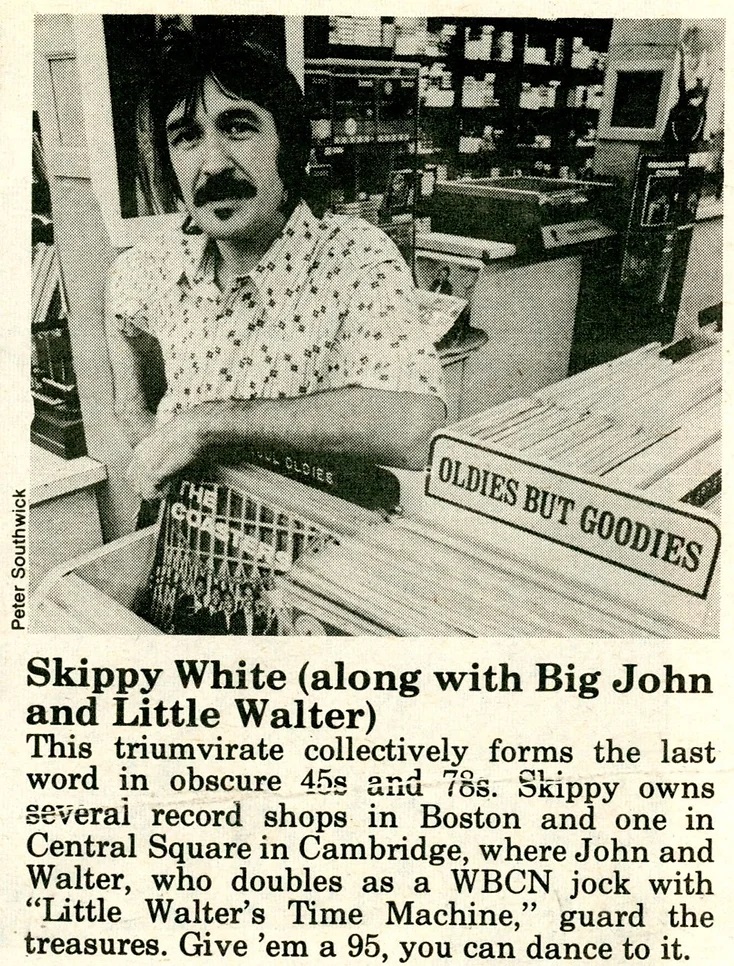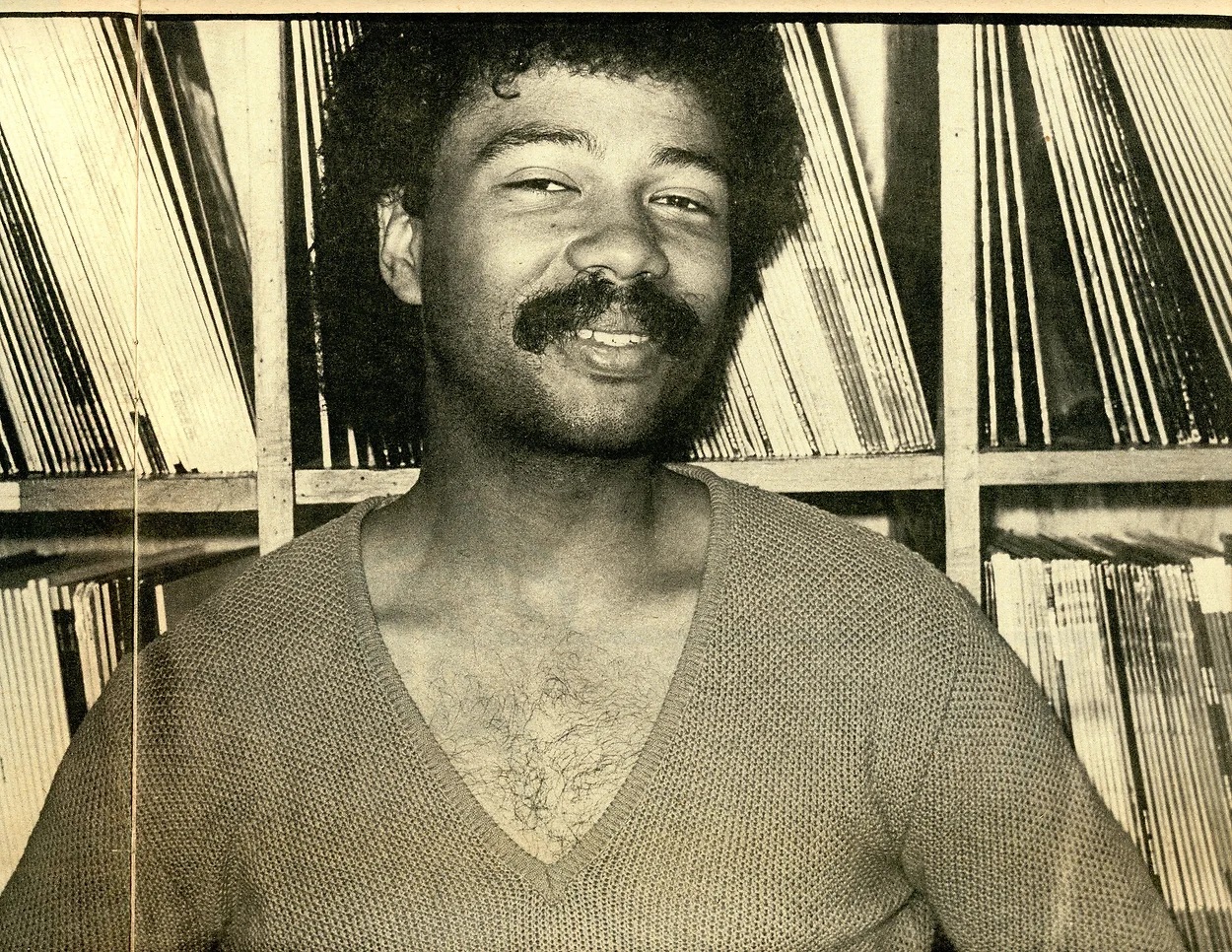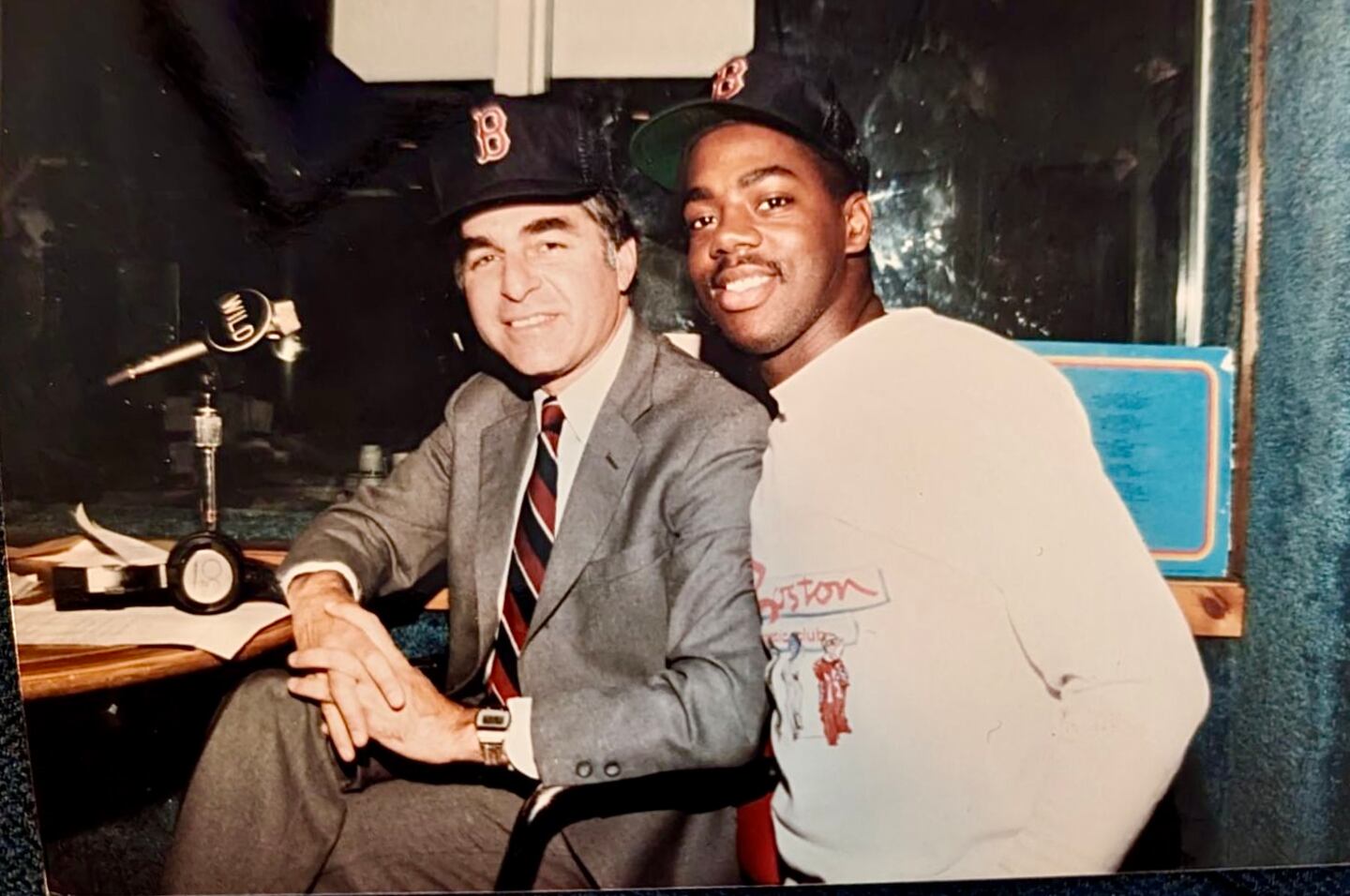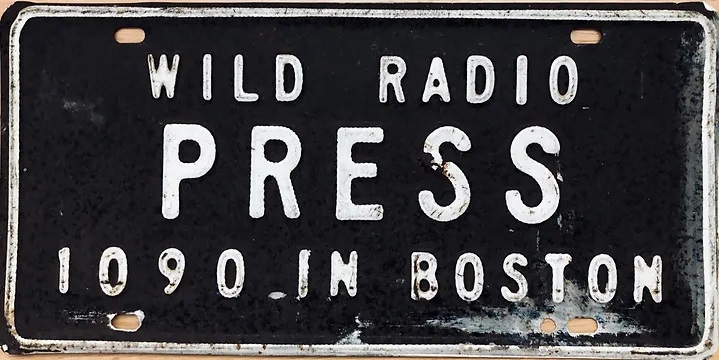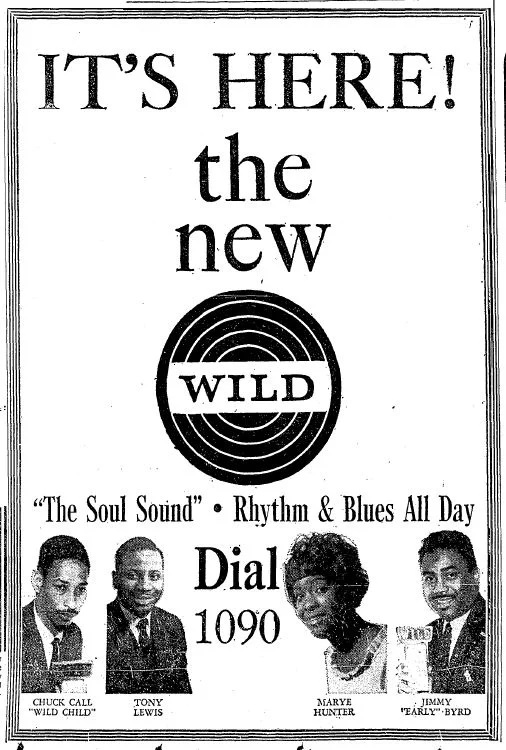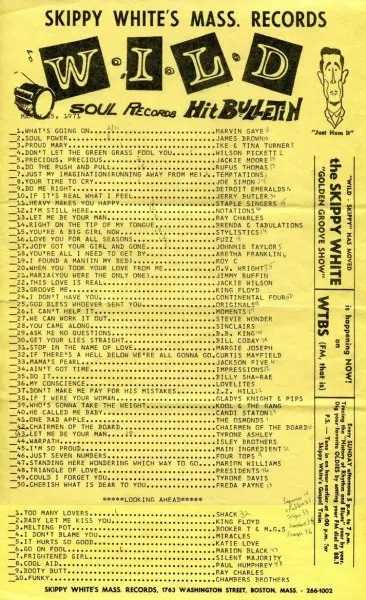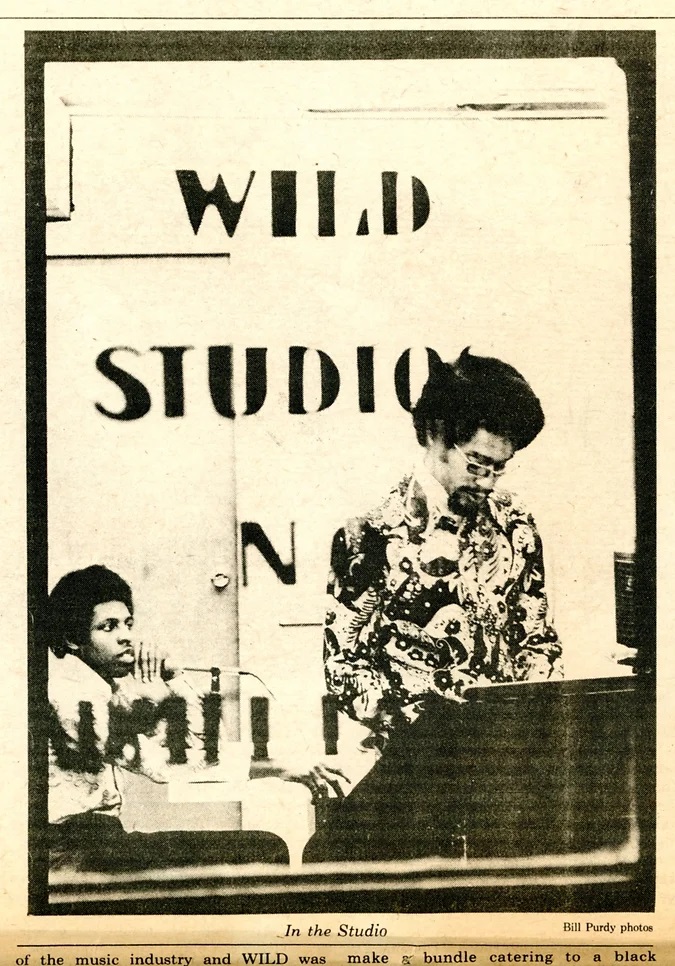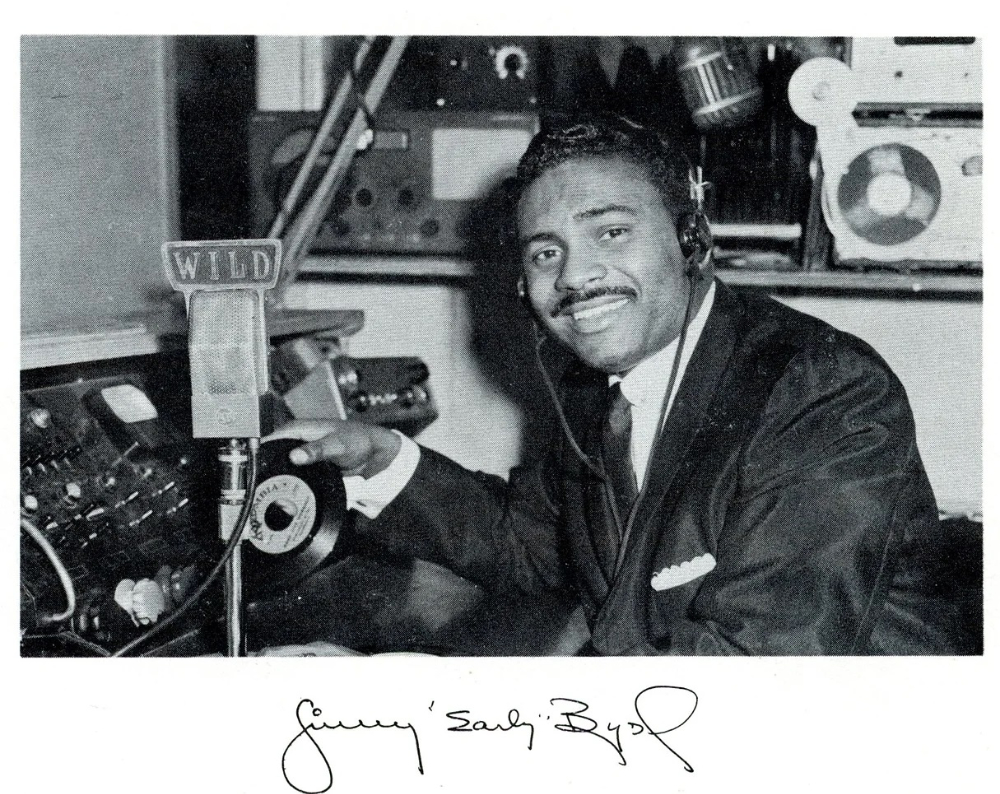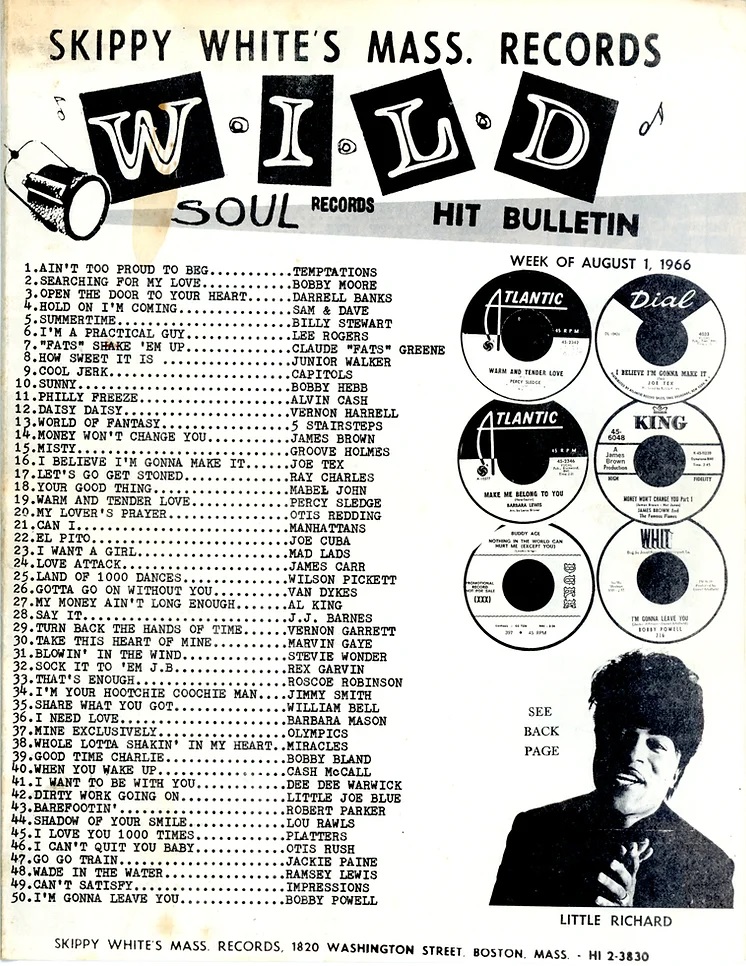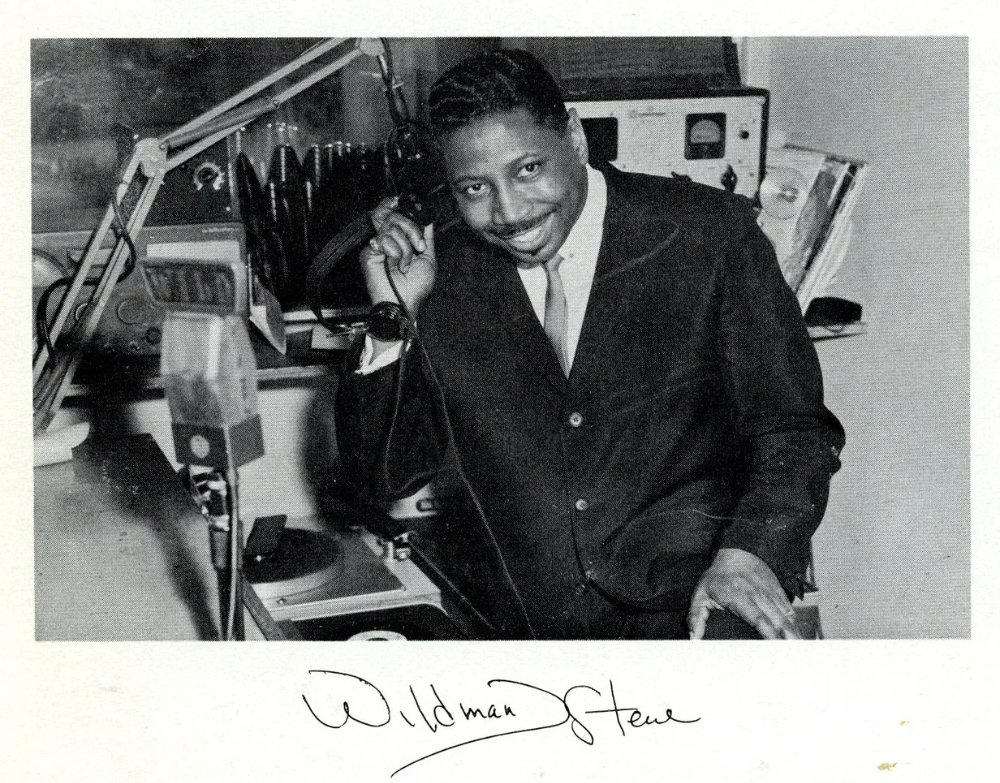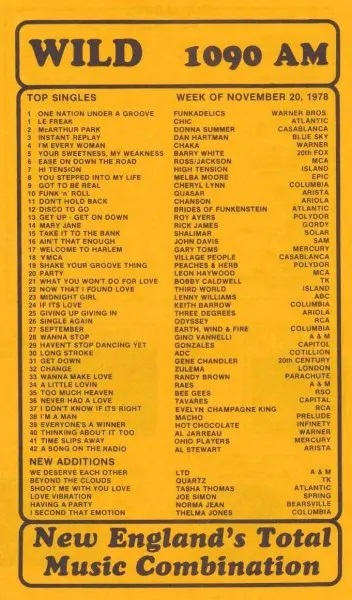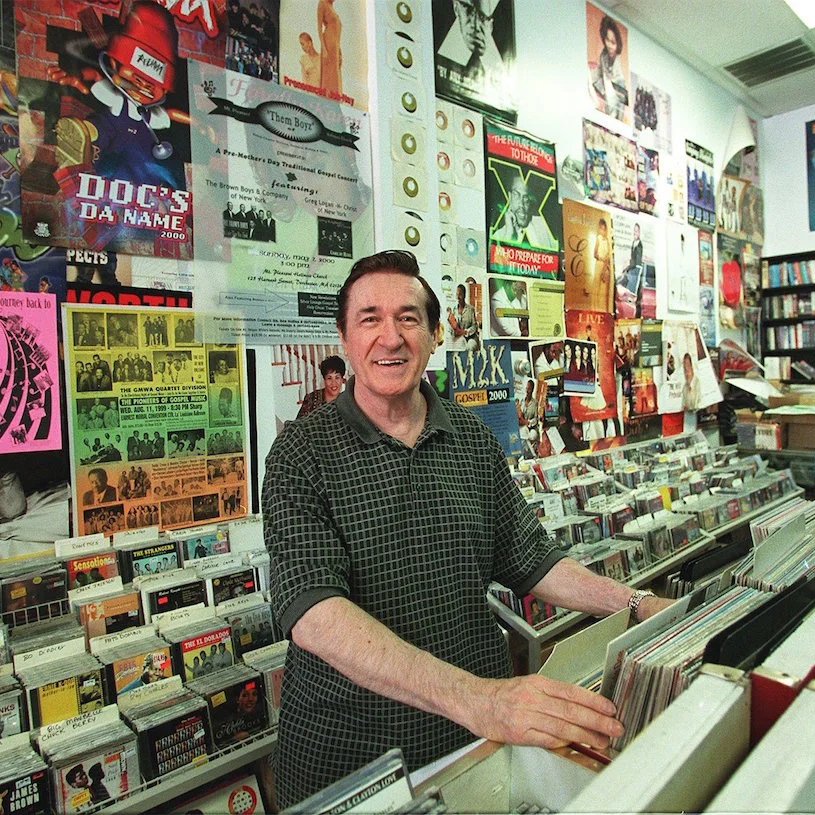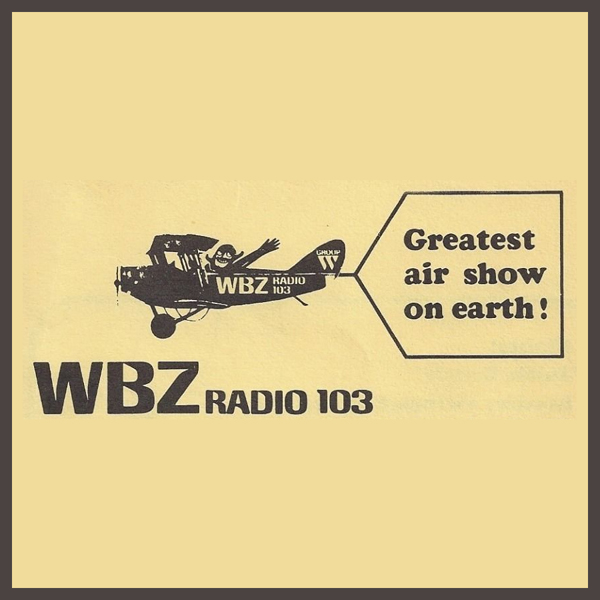WILD 1090 AM

Over the past several decades, no radio station in Boston had a more lasting, unchanged format or was a more trusted voice in the community than WILD 1090 AM.
The daytime-only station, located at the time in a small brick building on Warren Street across from Roxbury District Court, ascended to prominence in the late 1970s and lasted through the 1980s under the ownership of Boston entrepreneur Kendall Nash. From upcoming concerts to community related information, if you wanted to find out what was going on in the city, 1090 AM was the source.
R&B/SOUL/FUNK HAVEN, NOTABLE ON-AIR PERSONALITIES
With it tiny 5,000-watt signal – by way of comparison, WBZ-AM in Boston has aired at 50,000 watts since the early 1930s – the station could be heard easily in Boston and its immediate suburbs, but not in some more distant ones. All those who did tune in enjoyed WILD’s unique format, as it was the only outlet in the area that focused almost entirely on R&B, soul and funk, becoming the go-to local source for classic tracks and the hottest new stuff.
A number of respected Boston broadcasters weaved their way through WILD over the years, including Jimmy Myers, Willie Maye and Boston record-retailing legend Skippy White. In 1985, Boston magazine voted WILD’s morning show Best in Boston, an amazing accomplishment for a station that was a fraction of the size of its competition.
CONCERT PROMOTION, ACQUISITION, LEGACY
WILD’s unmatched ability to bring R&B, soul and funk acts to Boston was a boon for the city and one of its greatest services to the community. Basically, the station became the city’s media outlet for the three genres and was thus responsible for promoters booking artists that would not have played the city otherwise, among them Luther Vandross, Parliament, Bobby Womack and Slave. Giving everyone the opportunity to see amazing live performances in their backyard was the stations real gift to its listeners.
Going the way of so many small stations, however, WILD became part of a corporate radio media conglomerate in 2000 and lost its local ownership, format and all ties to the community. The station was gradually stripped of its identity and controlled by outside interests. Still, during the station’s run, it was an important part of Boston’s heart and pulse, not to mention its soul. In the end. listeners lost more than a radio station; the lost the music, they lost the familiar personalities and – probably most importantly – they lost that sense of community and familiarity the station’s loyal listeners relished.
(by Mark Turner)

